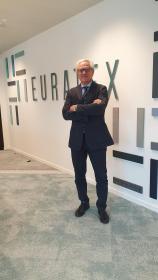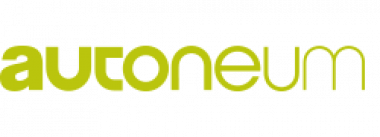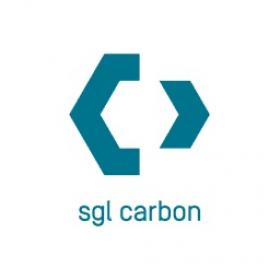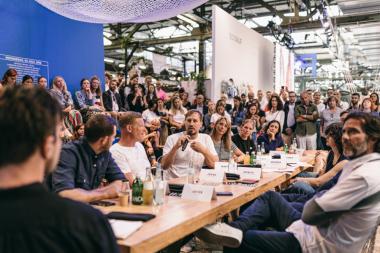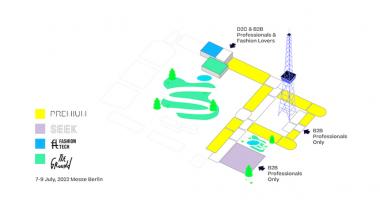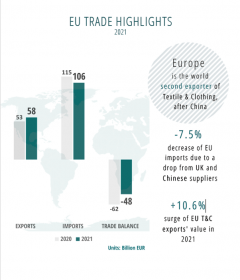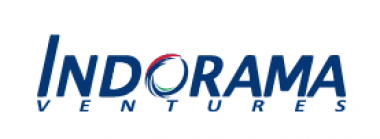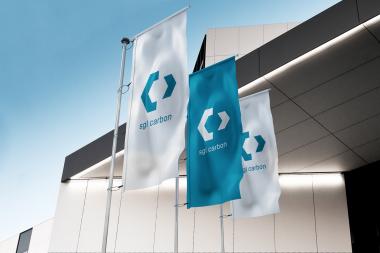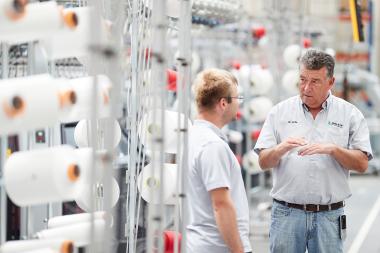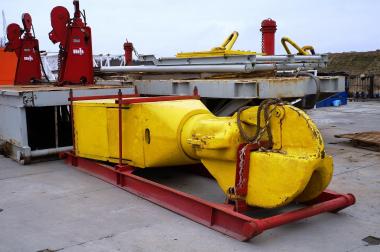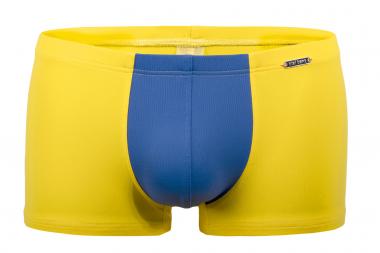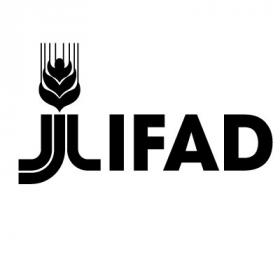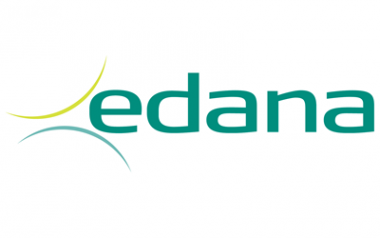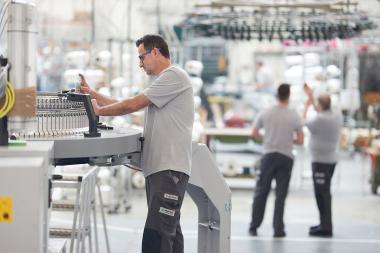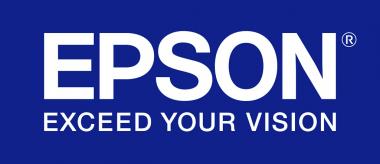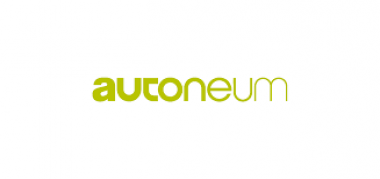Alberto Paccanelli re-elected as President of EURATEX
Italian textile entrepreneur, Alberto Paccanelli, has been re-elected as President of EURATEX during its General Assembly on 17 June; he will thus extend his mandate with 2 more years, until June 2024. Paccanelli is CEO of the Martinelli Ginetto Group, active in the high-end home textiles. He is also a Board member of Sistema Moda Italia and Confindustria Bergamo.
On the occasion of his re-election, Paccanelli presented his vision on the future of the European textiles industry: “With the adoption of the EU Textile Strategy on 30 March, the European Commission has launched a very ambitious journey that will change the nature of our industry: more focus on sustainability and durability, more transparency within the supply chain, more communication with the consumer, but also a better level playing field for our European companies, and more investment in innovation, digitalisation and skills development. That is a very ambitious agenda, which needs to result in a more resilient European textile industry. The coming 2 years will be critical to translate that vision into specific legislation and concrete programmes. This requires a strong EURATEX, to actively contribute to that process. I am honoured to continue leading the organisation and fulfil this challenging task.”
EURATEX GA also elected 4 other members of the Presidency Team: Bodo Bölzle (Amann, Germany), Jean François Gribomont (Utexbel, Belgium), Grégory Marchant (UTT, France) and Ismail Kolunsag (Cross Tekstil, Turkey). During the Assembly, EURATEX also welcomed new memberships from Ukrlegprom (Ukraine) and Astrico (Romania), and a partnership with Inditex (Spain).
Eurtaex


